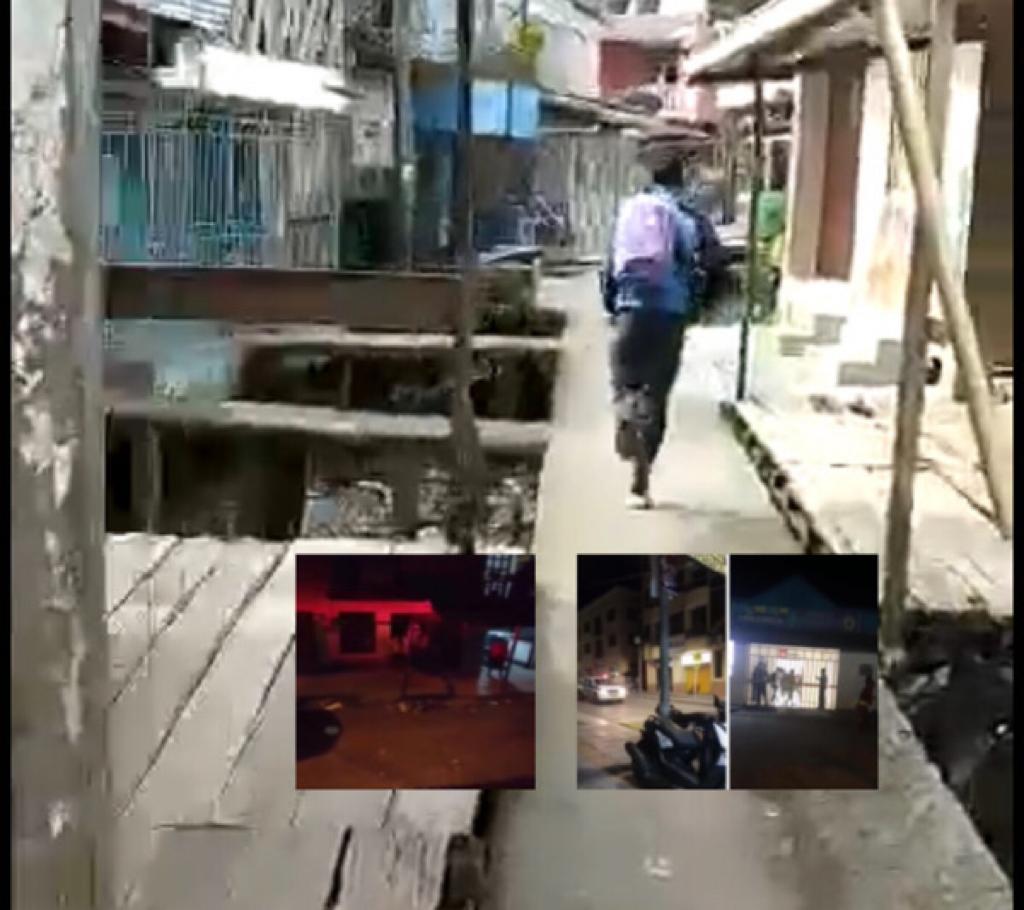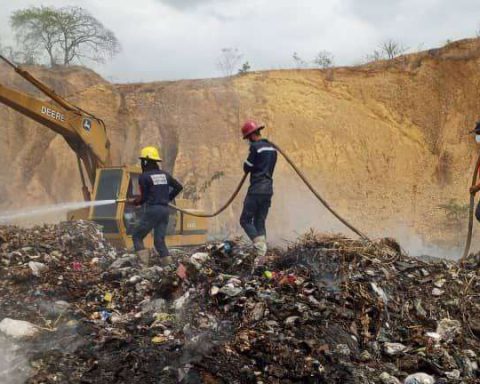The caucus of senators from the Broad Front presented on Wednesday a set of measures aimed at “improving the lives of Uruguayans and mitigating the impact of inflation.” It is a battery of 10 points included in a document whose main conclusion is that, to change the situation, it is necessary “once and for all” to recover the loss of income that workers and passive people suffered in the last two years.
There, an immediate call to the Salary Councils is proposed, with guidelines that include salary recovery and special increases for civil servants and retirees. In particular, the Broad Front demands differential increases for rural workers in those sectors that had “extraordinary profits” in the last year due to the high prices they obtained for their production. Its application, it is argued, should be immediate.
The Broad Front also proposes a reduction in VAT on the products of the basic basket and the supergas in force for at least six months. The set of goods included should be broad, and not just those that have an impact on the CPI.
The reduction should be implemented in purchases through electronic means, in order to ensure that the benefit reaches the consumer and that the business maintains its profit margin. Also that the beneficiaries of the Ministry of Social Development (Mides) receive a higher percentage of VAT discount, in order to focus the reduction on those most affected by the price increase. Social benefits should also be adjusted monthly.
The Broad Front also proposes the elimination of VAT on diesel in all transport and production, and the creation of a Fuel Price Stabilization Fund that, in charge of General Revenue, cushions the impact of recent increases. The fund would operate as a countercyclical mechanism for the price of crude oil.
Another of the measures goes through a tax relief in border businesses and thus temper the competitiveness difficulties suffered by that area. Also achieve the approval of a bill that the opposition had already presented and that seeks to support local businesses and small producers in the face of “unfair competition” from large commercial surfaces.
“For all these measures and given the significant reduction in the deficit, there is sufficient fiscal space,” the document states. “Furthermore, since they are transitory measures, they would not affect structural spending,” he adds.
The Broad Front platform includes two “reactivation” measures: on the one hand, actions to encourage investment, specifically in small and medium-sized companies. On the other, a boost to infrastructure.
“The situation does not give for more and the measures promoted by the government are nothing more than patches that seek to alleviate a situation as if it were temporary,” he says. “The standard of living of Uruguayans has been deteriorating for two years and the uncontrolled increase in fuel prices and inflation were not born from the war in Ukraine. Any Uruguayan who goes to the fair or to a supermarket knows it very well,” says the report.
In any case, he points out, the situation barely aggravated a crisis that has been brewing for a long time.
“For a year and, more rapidly in recent times, we Uruguayans have been experiencing a sharp deterioration in our purchasing power,” says the opposition. “Inflation, shortages and wage adjustments below the CPI are a reality in a country that has not suffered a crisis like the one we are experiencing for a long time,” she says.
There, the Broad Front recalls that in 2008 the first government of Tabaré Vázquez had to face the effects of the global financial crisis, which in its view raises the question of whether the State can do something or whether the market should regulate everything. “That is where the difference between our political force and the government is evident,” he says.
“The government understands that everything must be regulated by the market and that the State must be a secondary actor in economic situations,” he says. According to the opposition, it is with this criterion that wage adjustments and the cost of living have been handled.
For the Broad Front, the case of fuels is paradigmatic, with the government “violating its promise” to reduce its price and deciding that it follow the international evolution of oil, thus abandoning the old tradition of avoiding abrupt rises and falls.
“Following the legacy of José Batlle y Ordóñez, we conceive the State as a shield for the weak”, it is highlighted in the battery of proposals. “That place where policies can be planned so that the setbacks in the economy do not end up affecting the weakest”, he concludes.

















